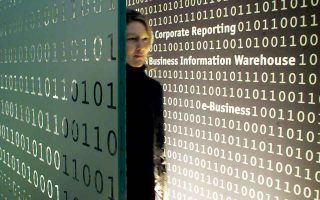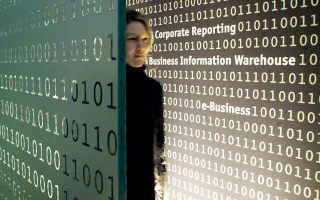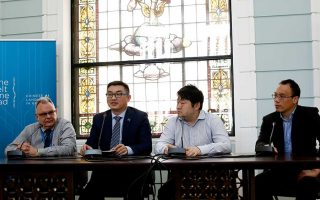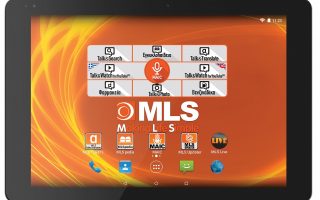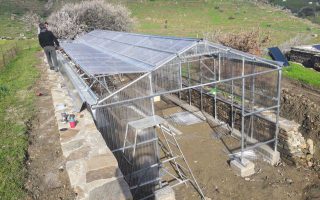NASA to employ Greek startup’s space radiation measuring device
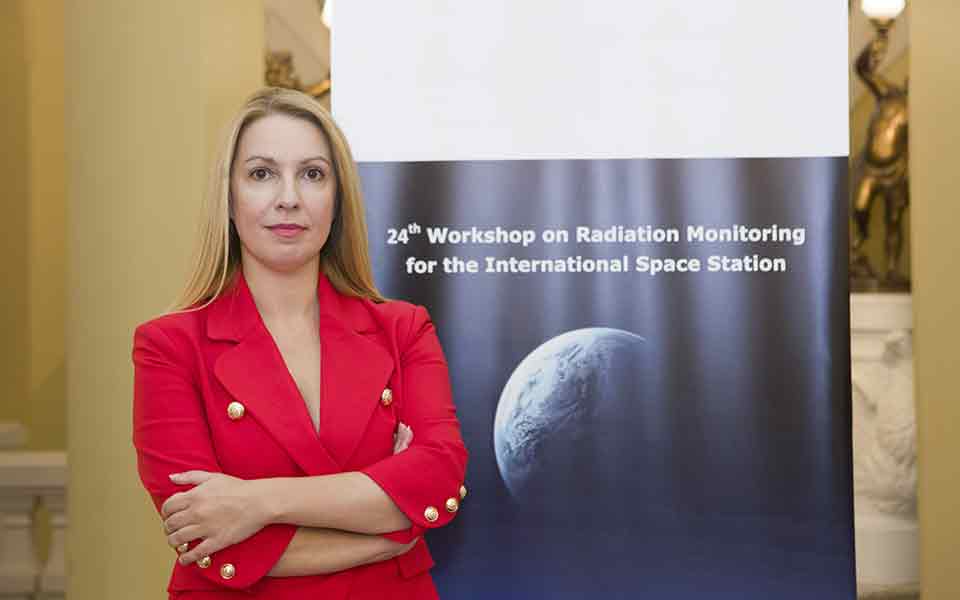
A NASA mission to the Moon next year aims to assess the impact of cosmic rays on the human body using a system devised and produced by Greek startup Herado, founded by Dr Marianthi Frangopoulou.
Lockheed Martin’s Orion spacecraft will leave Earth in the next few months on a mission originally proposed by the German Aerospace Center (DLR). It will host two test dummies and monitor the radiation they are exposed to, with help from Hellenic Radiation Dosimetry (Herado).
The uncrewed Artemis-1 mission will take the spacecraft into orbit around the Moon, where it will be exposed to phenomena such as solar storms and galactic cosmic rays, and assess their potential effects on astronauts. To this end, NASA has commissioned the services of Herado, a company founded by Frangopoulou just last year, in the context of its inclusion in Eurobank’s pioneering program to support startups. The self-protection system that the Greek nuclear scientist has devised is the first integrated apparatus to be sent into space, and increases Greece’s chances of keeping up with the international space scientist community.
Herado has created a device that will serve to measure the radiation human bodies are exposed to in space in real time. Radiation is a real threat to astronauts, who are exposed to cosmic rays that exist everywhere in space, without the protection of the magnetic field that shields the Earth and its inhabitants. NASA will take the measurements and assess the biological effects on the human body.
“There is no other system in the world that is able to measure and at the same time distinguish the various kinds of radiation in real time, with such low energy consumption, and so small and light,” Frangopoulou told Kathimerini, referring to her measuring device.
“The radiation dosimeter we have developed can measure all radiation spectrums in space, i.e. the quantities of both protons and neutrons,” Frangopoulou said, adding that it can measure different data with every second that passes, weighs just 26 grams and can go without recharging for over four months. She also revealed that the Herado dosimeter has also been approved to participate in more NASA missions, and can also be used in hospitals and mines by the army and the air force, among others.
